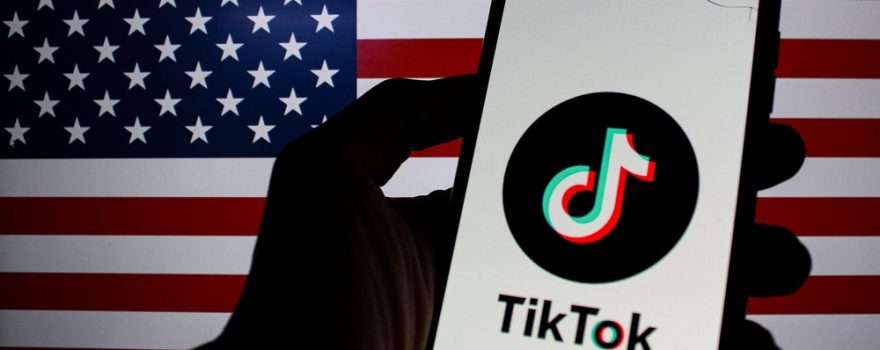
Negotiations over TikTok’s U.S. future took another twist as President Donald Trump formally extended the deadline for the app to remain operational in the United States until Dec. 16. The move comes as discussions between American and Chinese officials attempt to finalize a framework allowing TikTok to continue under U.S. oversight.
The executive order, marking the fourth extension by Trump, delays the consequences originally mandated by Congress, which had set the cutoff for Jan. 19. Trump emphasized the value of the social media platform, noting he would discuss the matter with Chinese President Xi Jinping in an upcoming call. “I hate to see value like that thrown out the window,” he said while departing the White House for a state visit to the United Kingdom.
The framework deal stems from talks in Madrid, led by U.S. Treasury Secretary Scott Bessent and Chinese Vice Premier He Lifeng. While the ultimate goal is to transfer TikTok’s U.S. operations to American ownership, officials have remained tight-lipped about the finer points of the agreement. Li Chenggang, China’s trade representative, described the negotiations as a “basic framework consensus” aimed at resolving TikTok-related issues while fostering trade cooperation.
TikTok has long been caught in the crossfire of U.S. national security concerns, primarily due to data collection practices tied to its parent company, ByteDance. The proposed sale is intended to mitigate those risks, though questions remain about whether a U.S. buyer can preserve the app’s unique appeal.
Experts note that TikTok’s initial allure may be waning. Dimitar Gueorguiev, a political science professor at Syracuse University, highlighted that the app’s algorithm, once lauded as a secret weapon, has been replicated elsewhere, diminishing its novelty. “Any U.S. buyer is therefore purchasing market share and user base, not transformative technology,” he said, hinting that the deal’s benefits could be more symbolic than practical.
Despite the uncertainties, TikTok remains a cultural touchstone, especially among younger voters. The app’s engagement and influence on trends, memes, and politics have made it a powerful tool in shaping audience behaviors, and both U.S. and Chinese negotiators appear motivated to avoid a sudden ban.
While the countdown to Dec. 16 begins, the spotlight is on the negotiations to ensure TikTok’s U.S. future while balancing geopolitical tensions, national security, and market dynamics. The extended deadline buys time, but the resolution remains anything but guaranteed.

 Get in Touch
Get in Touch 


